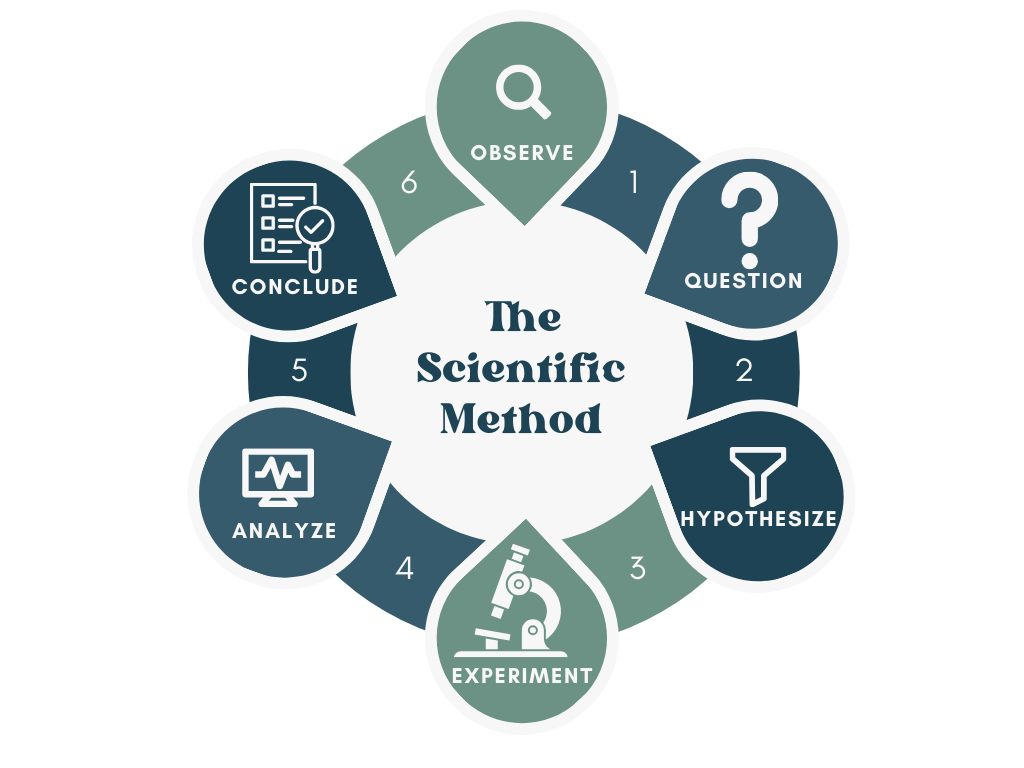Elena Ppali: The importance of challenging current knowledge and ‘scientific truths’
A couple of weeks ago, I participated in a scientific seminar, where the final keynote speaker gave a talk about challenging and testing the assumptions that have been at the center of research on neurodegenerative diseases. The speaker made some excellent points and after listening to this talk, I found myself thinking about how challenging assumptions has been at the forefront of scientific discoveries and have been instrumental for our current understanding of the world around us.
So much of our knowledge today is a direct result of someone challenging existing knowledge and asking more questions instead of just blindly accepting the information available to them at the time. After all, while existing theories are based on assumptions, progress demands us to look at everything with a critical eye. This does not mean that existing theories are wrong, as they are often validated by scientific data, it just means that new data exists that suggests that it is time for an updated or a more generalized version of that theory. Moreover, by challenging a theory, unless you completely disprove it, you will only make it stronger- either you find more supporting evidence, or you reveal gaps that need to, and will be addressed by the theory’s champions.
Scientists are curious creatures by nature, so constantly asking questions comes so naturally that we don’t stop to acknowledge how often it happens. But if you think about it, the scientific method relies on this. Science is just a never-ending cycle of observations, gathering of evidence and incorporation of that evidence into existing theories. Today, with all the technological advancements that allow us to look at things with a level of detail our predecessors never had, we have more tools at our disposal to challenge current theories, test hypotheses in depth, and expand our knowledge.

All this talk about challenging assumptions is good in theory, but how easy is it in practice? While writing this blog post I had to ask myself; How often do I challenge my own scientific assumptions? Do I approach my own research with a critical eye?
Turns out I have become too comfortable in my own scientific opinions, and although I try to take a more critical approach with my own research, more often than not I tend to fall back on those opinions to explain my findings. The simplest example of this is my immediate assumption that an experiment failed if the preliminary results obtained do not support my initial hypothesis. I don’t start to question that hypothesis until after the third or fourth round of similar results. Although my tendency to try and fit my findings into a model that supports a well-researched hypothesis is natural, it does highlight that I need to become better at recognizing when my own knowledge becomes a hindrance instead of a strength
At its core, science is about constantly questioning existing theories and pushing boundaries. After all, we are not privy to nature’s truths; everything we know, and every theory suggested up until now is nothing more than suggested models to explain someone’s observations. I think we all need to do a better job at challenging these models when they are no longer in agreement with new data. This has always been how we move forward.
Elena Ppali works as a doctoral researcher in the Neuro-Innovation programme. She studies a new gene mutation that increases the risk of Frontotemporal Dementia and Alzheimer’s.